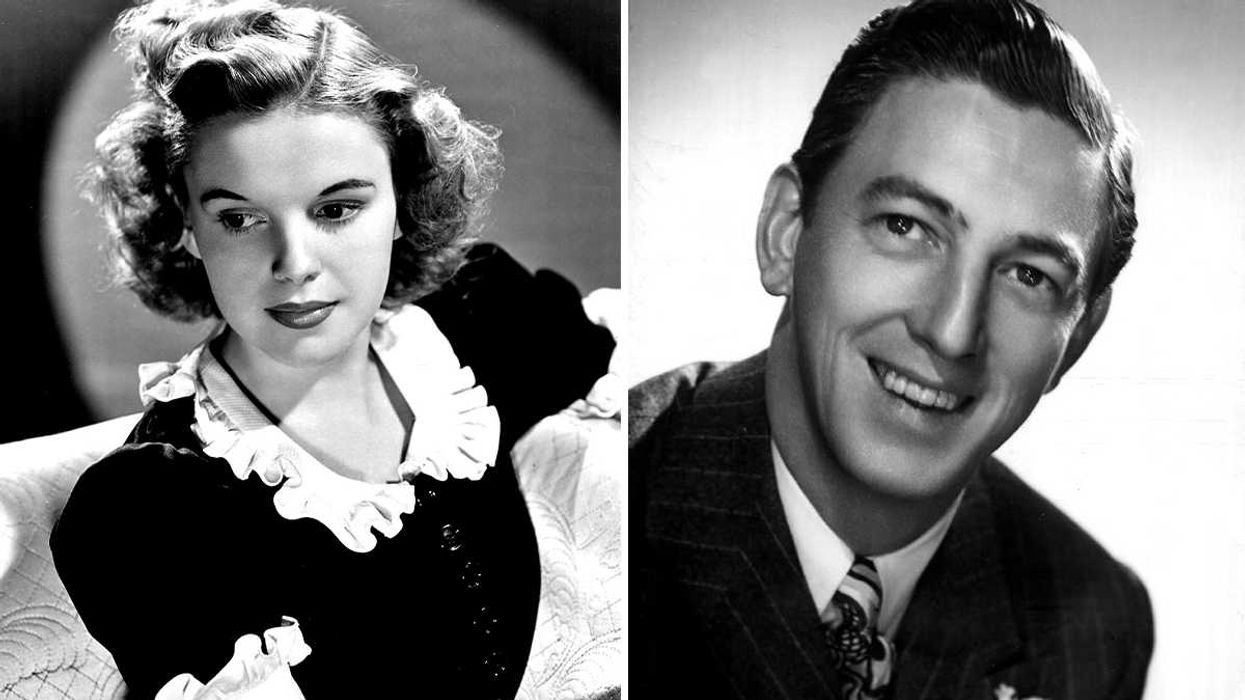Are our pursuits of energy efficiency all for naught? David Owen's recent article in the New Yorker called "The Efficiency Dilemma," makes a convincing case for the frustrating fact that as efficiency increases so to does usage. Better, more affordable air conditioning systems make us dramatically increase our use of air conditioning. Similarly, the cheaper, larger Energy Star designated refrigerators (like the 40 cubic foot one above) that monopolize our kitchens compel us to buy twice the food we need (and waste fully 40 percent of it). Then we relegate the old inefficient refrigerators to our garages where they consume massive amounts of energy for the non-essential cooling of cans of soda and frozen food. So, the more efficient stuff, from cars to ovens get, the more quickly we adjust and begin to consume more—not less—energy.
Owen is not arguing that we return to cooling our food on giant ice blocks but the argument against prevailing wisdom that increased efficiency leads to more responsible use is compelling to say the least. It all stems from the Jevons Paradox, wherein technological progress that increases the efficiency with which a resource is used tends to increase (rather than decrease) the rate of consumption of that resource
In 1865, the then 29-year old English economist William Jevons argued persuasively that by making better use of energy, we just end up using more of it in the end. Jevons was focused on coal but now, over a century later, Jevons' observation lends credence to the contemporary, not-often discussed reality that we have to tackle the problem not just of efficiency but consumption. In essence, by improving efficiency, we're providing cheap, easy access to energy and there's just no motivation to cut back. Moving forward, energy policy will have to pay as much attention to reduced consumption as increased efficiency. Only when these go hand in hand, will we realize any true benefit.
People are still making fun of him decades later but Jimmy Carter may have had it right back in the 70s when in winter, he donned a wool cardigan, turned the thermostat down and encouraged his fellow Americans to follow suit. No one wanted to hear it then and well, some things never change.
















 Otis knew before they did.
Otis knew before they did.